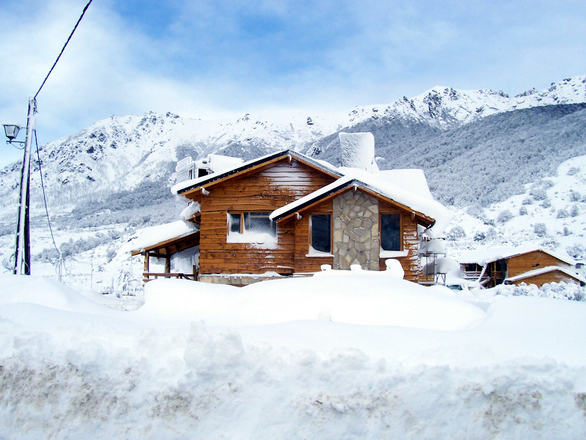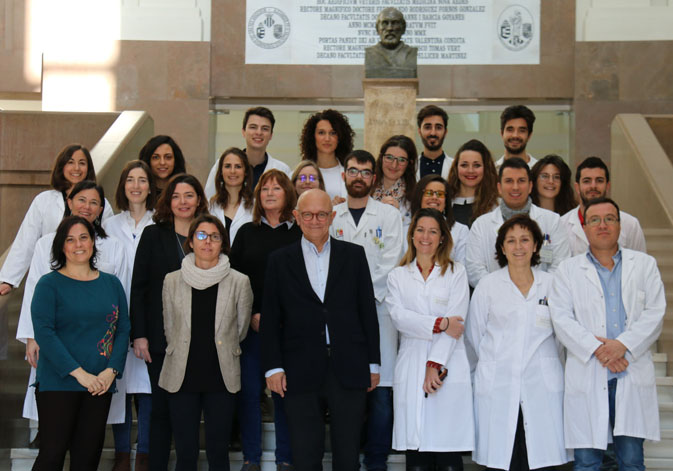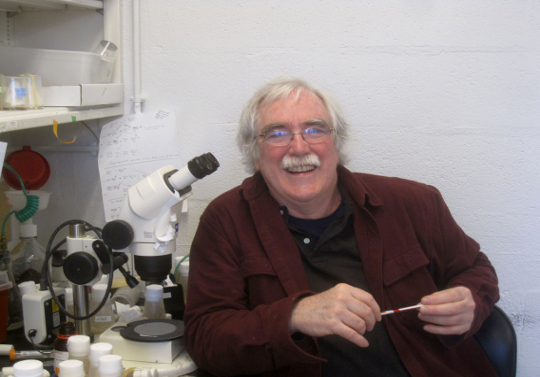
The fact that the thermometer goes below zero is very significant for the human body, which is not prepared for extreme temperatures.
15 january 2016
Cold produces dissimilar effects in our body, which is not used to bear very cold temperatures. The changes of temperature that occur at this time of the year lead our body to have dissimilar reactions, like shivering. But, is cold beneficial or harmful for our body? Which physiological effects have cold temperatures on us?
Denis Blondin, PhD in Thermal Physiology at Ottawa University (Canada), has confirmed after several researches that cold has therapeutic effects on our body. Cold produces vasoconstriction (diminishes blood flow) and leads to swelling and haemorrhage: it reduces pain and our perception of it. This only happens when the body is exposed to extreme temperatures, consequently we cannot say that in winter we feel less pain, as usually we are not exposed to such low temperatures.
Temperature drops make our brain work differently. The hypothalamus, the gland in the brain which acts as a thermostat for the body, stimulates physical reactions to maintain the heat in the vital organs of the body: this is why we shiver. Shivers are a reflex of the body against cold. The brain sends nerve signals through the spine to the muscles: these contract and relax quickly and with this quick reaction heat is produced. The objective of the hypothalamus is to maintain heat in the centre of our bodies at any cost, even sacrificing limbs if necessary. This is why we feel a tingling in the fingers when it is very cold: the body takes the warm blood flow to the centre and restricts its flowing through the limbs.

Cold also leads us to consume much more energy, as this is necessary to maintain the heat. An adult in extreme cold conditions can burn up to 500 calories per hour. The fat has a great concentration of mitochondria and their function is to burn energy in order to give it to the organism and keeping the heat: this characteristic is present in all mammals.
To compensate the fat burning of the body, it is necessary to ingest more calories. This is due, apart to what was previously said, to the fact that cold reduces serotonin levels and the organisms needs to cover them with food rich in carbohydrates.
To sum up, cold changes how our body works. The need to keep heat makes us shiver and reduces the blood flow in our limbs, burning much more calories than what our body is used to, this is why our organism will “ask” us to ingest more calories.











